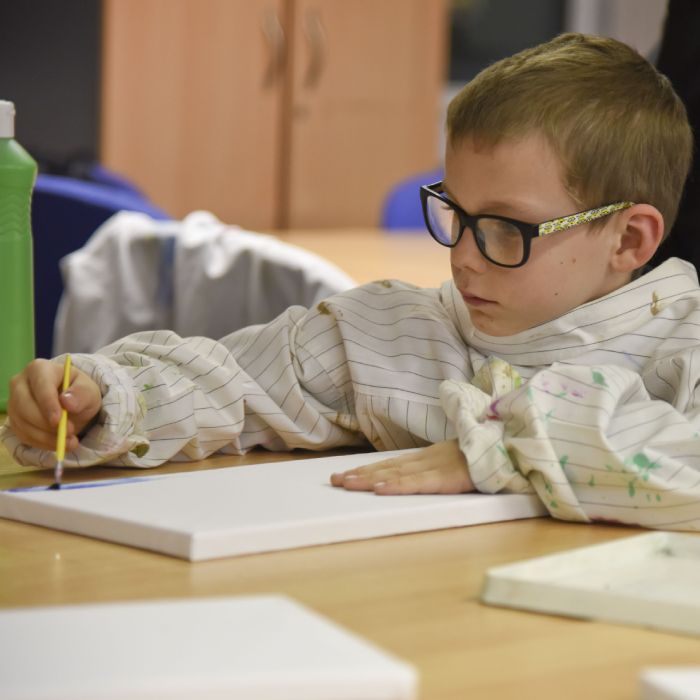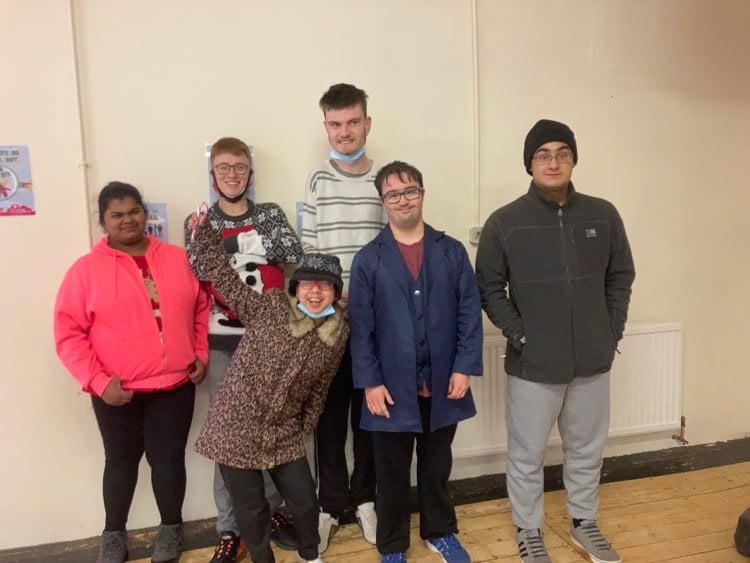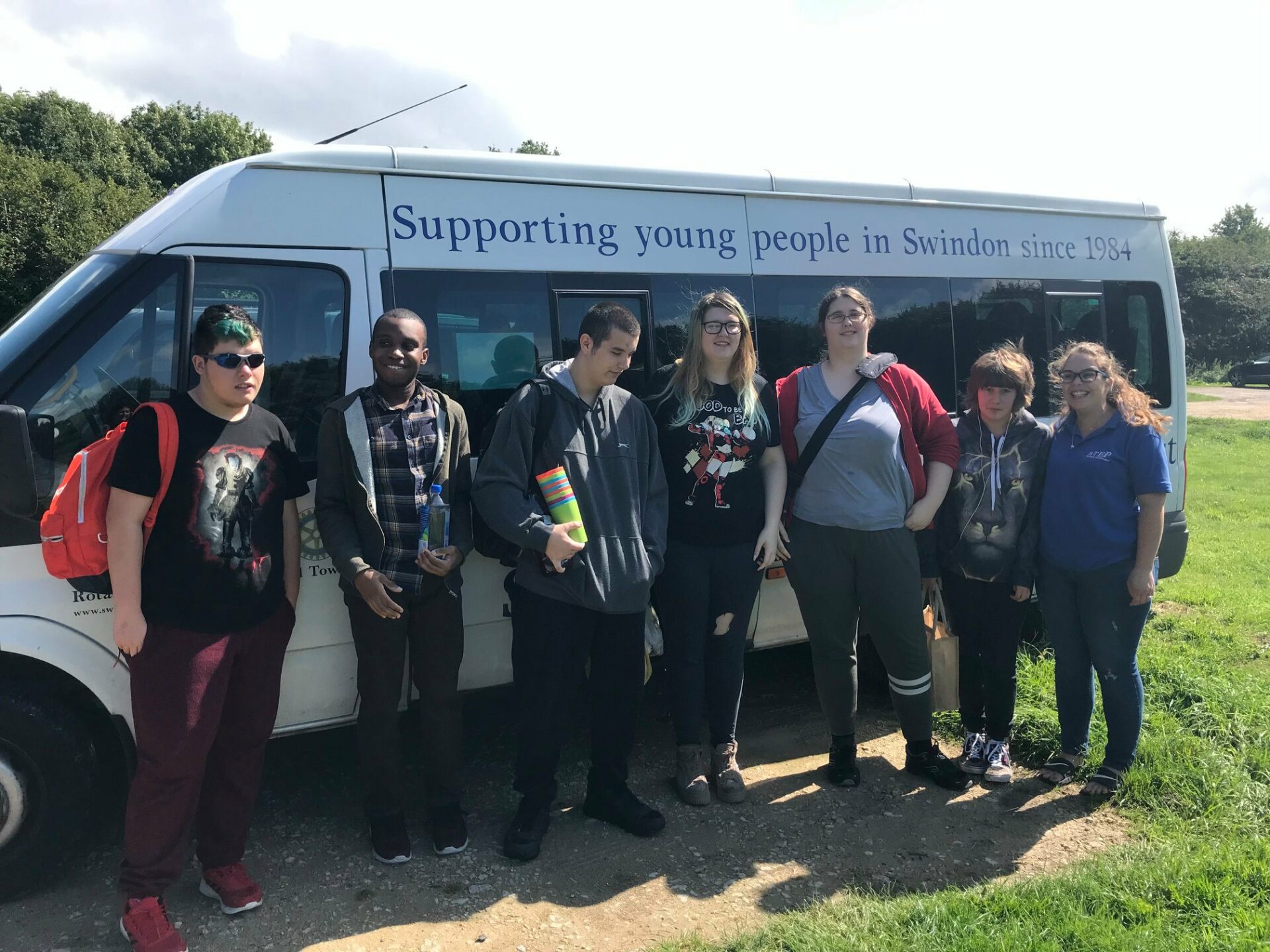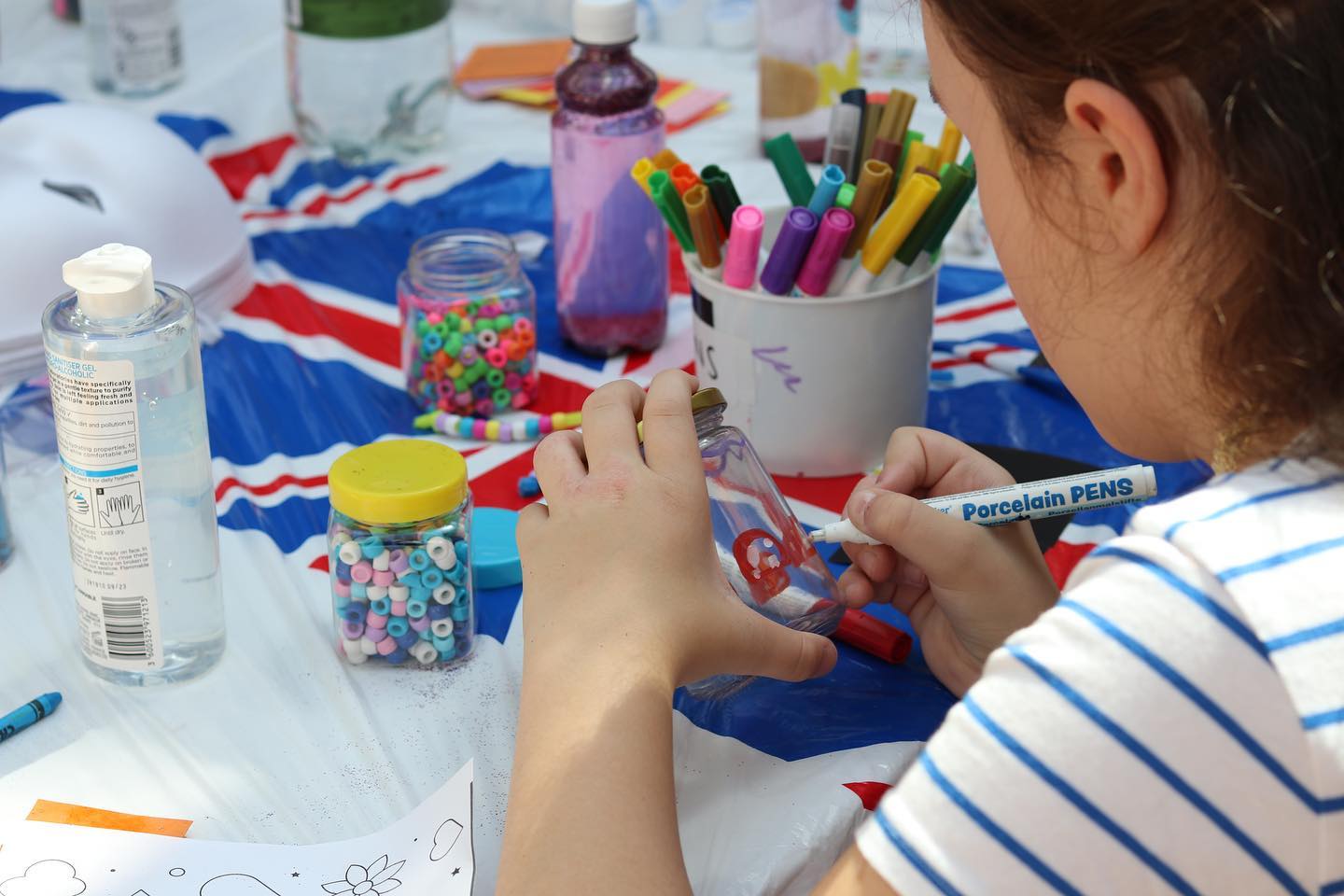Current Groups
STEPs to Wellbeing is a gentle and nurturing intervention for CYP who are experiencing low mental health. Young people allocated to this programme may have one, or a combination of, the following issues: anxiety, depression / low mood, self-harm/suicidal thoughts, PTSD / trauma, poor body image and low self-esteem.
Aims of the sessions are to:
- Understand and improve own mental wellbeing
- Develop emotional literacy: the ability to recognise, understand, handle and appropriately express emotions
- Reduce self-harm / suicidal thoughts
- Learn personal safety strategies
- Form and maintain positive friendships / relationships
- Improve confidence and self-esteem
- Help with school attendance
- Build resilience
STEPs to Wellbeing / Behavioural (mixed) CYP allocated to this intervention may have one, or a combination of, the following issues: anxiety, depression / low mood, self-harm/suicidal thoughts, PTSD / trauma, poor body image, low self-esteem and may also be displaying anger, poor behaviour, making risky and unsafe choices, disrespect for boundaries, needing actions and consequences support.
Aims of the sessions are to:
- Understand and improve own mental wellbeing
- Develop emotional literacy: the ability to recognise, understand, handle and appropriately express emotions.
- Reduce anger outbursts, express anger in a safe way
- Recognise the importance of keeping safe at home, school and in the community
- Learn to adhere to boundaries of others and make positive behaviour choices
- Form and maintain friendships / relationships
- Increase confidence and self-esteem
- Improve school attendance
Therapeutic Behavioural groups suit CYP who are struggling to understand and manage their emotions and are displaying them in an unsafe way. They may be: angry and aggressive at home, school and/or in the community, at risk of exclusion from school, finding it difficult to manage behaviours associated with a diagnosis for example ADHD, on the verges of offending, lacking boundaries, struggling to understand consequences to their actions, at risk of CSE, on the fringes of anti-social behaviour, experiencing negative peer influences, unhealthy relationships, need support keeping safe online, or experiencing/witnessing substance misuse:
Aims of the sessions are to:
- Identify and understand own anger triggers
- Learn ways to manage feelings safely
- Understand how to communicate own feelings and emotions in a positive way
- Improve relationships at home and with peers
- Take responsibility for own actions and understand the consequences of poor choices
- Keep safe at home, in the community and online
- Increase school attendance and engagement
- Be able to recognise own positive qualities and recognise and build on own strengths
- Build resilience
- Set positive goals for own future
Next STEPs This is a group for CYP with a neurodiverse condition or who may be on the NDC pathway. They could be struggling with one, or a combination, of the following: social skills, isolation, sensory needs, forming and maintaining friendships, communicating feelings and emotions, low mental health, anxiety, school refusing, managing change.
To promote engagement, preparation work with CYP is undertaken prior to the commencement of the full programme and are a combination of home visits, centre visits, meeting workers, and/or attending a taster/assessment day. Workers identify how to best support each young person and ensure that their needs are considered and prepared for.
Specific resources are available for CYP to use throughout the sessions, such as sensory aids, fidget toys, wobble chairs / cushions, safe calming areas away from the group, social stories, communication cards and tools.
Aims of the sessions are to:
- Develop emotional literacy
- Improve communications skills – how to express own needs
- Promote inclusion and reduce isolation
- Build the skills to be able to make and maintain friendships
- Find ways to manage difficult situations safely
- Celebrate own positive qualities and uniqueness
- Raise awareness of dangers and making safe choices
- Support self-care including personal hygiene
- Increase school attendance







